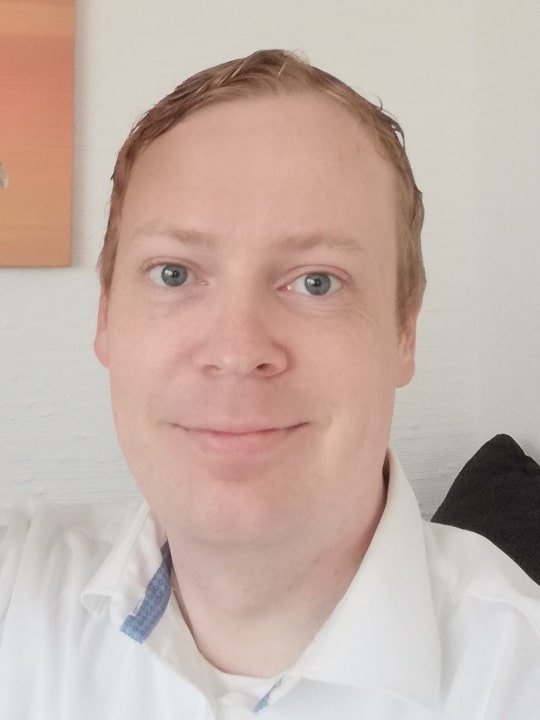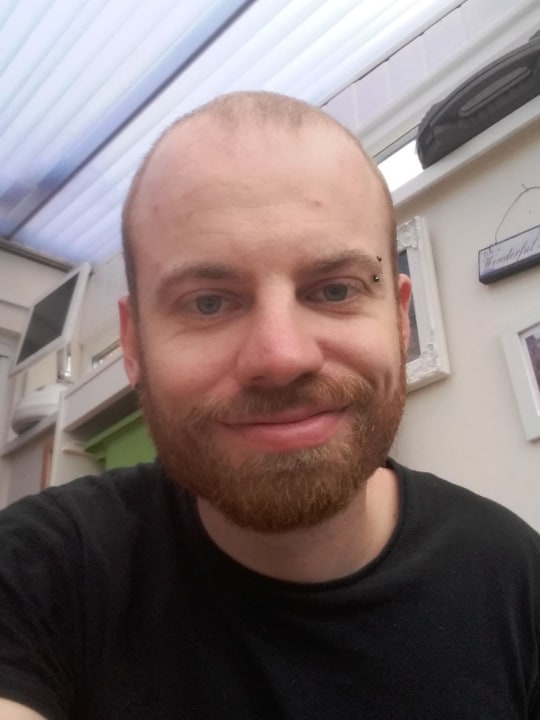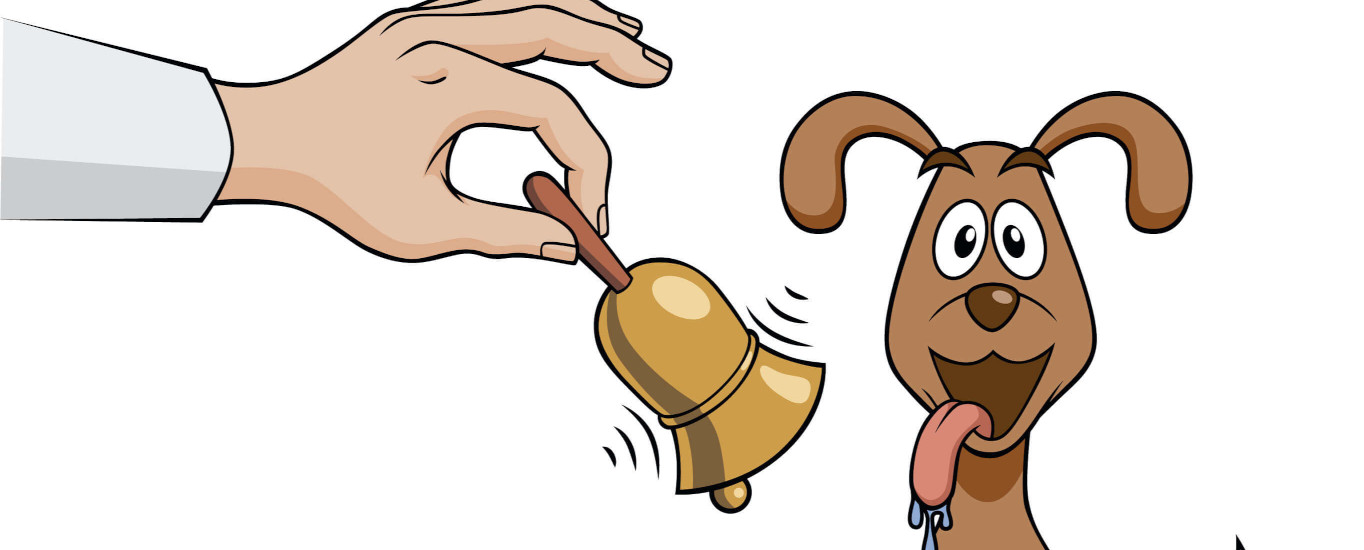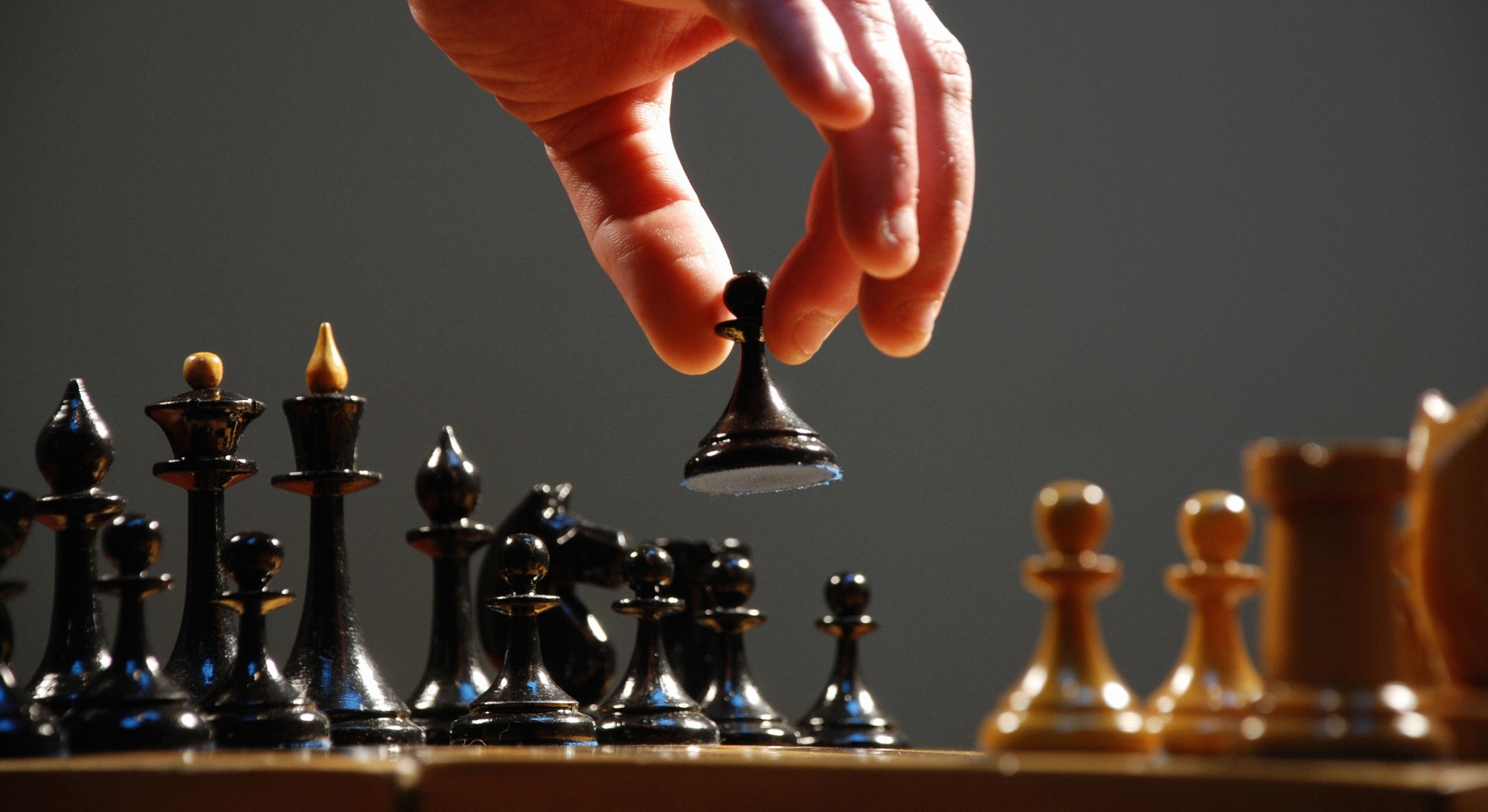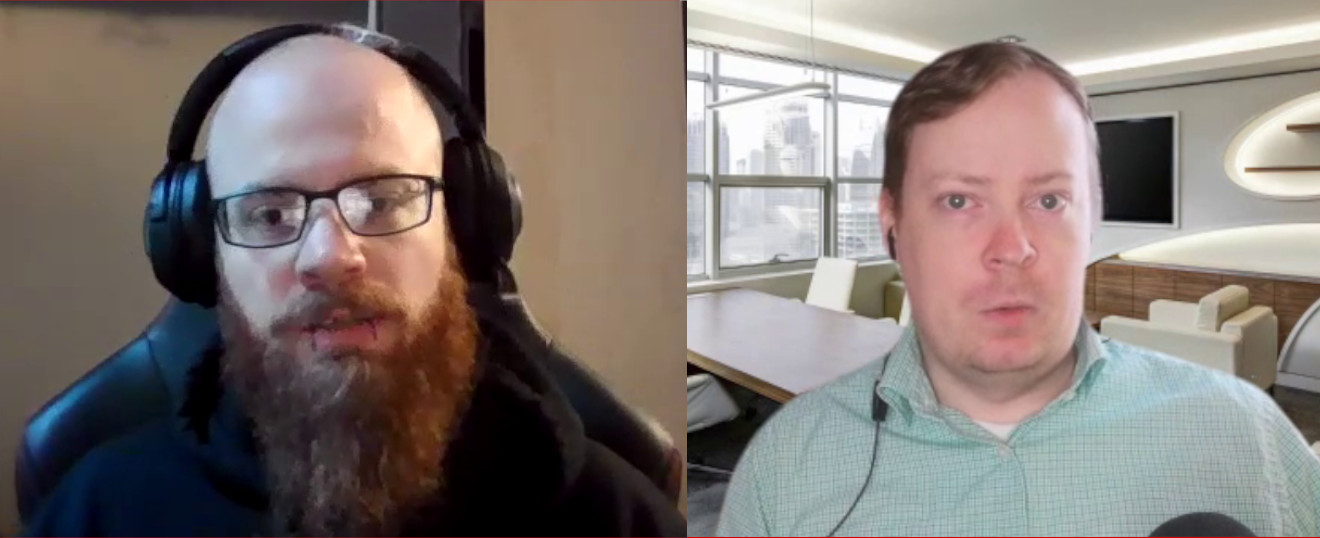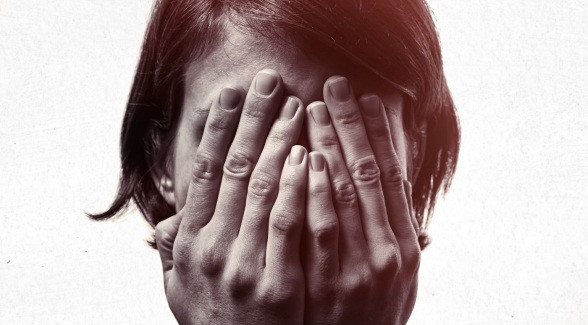One topic that has affected Steven and William personally is that of mental health. In this episode they share their personal experiences of suffering, learning, developing and coping.
Watch a Short Excerpt:
Transcript (continued):
William: One way it can backfire also is when when you read online about different medicines and how people have experienced them. And they'll tell you they're their most terrible experiences. And you don't read all the good experiences that happen to people. You know they're less likely to be there in the same thread or website. And so you will become afraid of medicine, or at least there's a tendency for that.
Steven: I was always that way. Medication was always something that I didn't want. And whenever I did try it it didn't work. So I mean my first experience I think was my first year at university or something massive depression. And they put me on basic medication and didn't do anything. It just didn't help. So that immediate response in my brain was, "Well, medication doesn't help. What's the point?", and just left it. And then over the years tried different ones, it still didn't help. And yet now, I found the right one, and it helps, and it keeps a lot of the anxiety and depression quieter. It doesn't fix it, it hasn't fixed it in terms of made it go away. But it's manageable. And it allows me to function relatively well I mean and not be overburdened by the depression. As I say, it's dialled down. It's quietened the thoughts, compulsions, whatever you want to call it. And now I'm constantly being like, "Okay, keep trying with the medication. Be careful," because again they can have extreme effects. I've had situations where... again there's been a lot of negative side effects of medication. But once that happens stop, go to the doctor, make sure you balance it all, and then maybe try something else. Because there are plenty out there. And some work for some people, and some don't work for others, you know.
William: It can be frustrating how much time this process takes. I know someone who had to try several different medications. I think there were SSRIs (selective serotonin reuptake inhibitors). And there is a wide variety. So that that's a good thing so that hopefully there's something there for you. But it's it also means that you might have to go through several before you find the one that works for you. And you might have to go through a painful phase because of all the side effects that often come with them. So this friend had to try several different SSRIs until he stopped puking, for example. I mean I had stomach cramps the first three weeks that I took my medicine. But after that... you know even in the night sometime. But after that I finally after three weeks, I felt some of the good effects, which was similar to what you described, you know, that my brain became more flexible and then more amenable to psychotherapy and self-analysis. Because it's common for your thoughts to go around in circles and never reach any conclusion.
Steven: Yeah. One thing, away from the medication, that I find that helps is distraction: If we're talking about anxiety for example as a mental health condition, that when I say a panic attack kicks in (because I've had to deal with that for a number of years as well in my life) the fear response kicks in, and it's it kind of it can kick in straight away and you have a massive fight or flight response. And you know you feel like you're dying where you your body just goes into absolute panic mode. But sometimes it's gradual and you can feel it coming on. And often your brain just needs to be distracted so that it can calm down and move away from the anxiety. And I do that like with a lot of people, a few friends that have anxiety. So when they know it's kicking in and stuff we just go online and play computer games. It literally just caused them to be distracted enough to settle the coming-on panic attack. That's hard to do when you're out and about for example if you were in a situation in the community. There are psychotherapies, there are ways to push against anxiety. So my personal example is: I really had to push against the connections in my brain that were triggering panic attacks. I was scared to be outside, scared to be around people, all those fear patterns had been developed over the course of a year or two. And then I had to... again it's a person experience and it may help some people it may not help others. I pushed myself to go out in my own time, baby steps, went to a board games group, got to know a few people, and over the course of months and years gained loads of confidence, I call it de-programming: it de-programmed, it broke those patterns in my brain of being... I still get a little bit nervous, a little anxious but I just go, "Well, I've come this far. I've done the hard work as such," and push through. A lot times, fear response if we listen to them they get stronger and stronger I think. That's my own understanding of it. So let's say we go out, there's loud noises that don't like if we go away from them straight away the brain then strengthens that thought that every time is loud noise we must run away from it. I don't know what your views are, if you've experienced anxiety like that before or anything like that?
William: Well, I recognize the concepts you're talking about. I have other triggers that are, I don't know, sometimes just even inside my head, not even something from the outside. But the fight-or-flight response kicks in because your brain associates something with an actual threat for your life.
Steven: And as you say, it could just literally be a thought. It doesn't have to be an outside response. That's often the case with anxiety: it's in your mind.
William: And then when you do flee the situation, like you said avoiding that noise for example...
Steven: Which makes perfect sense, you know, to run away from it. It makes sense to do that.
William: But you confirm the bias, and so you strengthen the anxiety. And the opposite is confrontation. And I remember when I first could no longer work because of anxiety. I said no way will I ever try confrontation therapy. But then with time, you know several years time, I realized that it's not just the most effective treatment, it might even be the only effective treatment for me. We said medicine can alter your brain. But it's not a solution. It's just something that will make it more changeable. But as soon as you stop the medication, you will pretty much go back to the way you were before, maybe even worse unless you did something in the meantime, working with someone, working by yourself. But you know, changing your thought patterns, your beliefs, and by beliefs I mean psychological beliefs, not necessarily religious beliefs, all those misconceptions about what is actually a threat.
Steven: Yeah, I would agree. This is our experience. So people might have different opinions.
William: Sure.
Steven: But I would totally agree that the thing I found to help is medication. That gives you a bit of armor. And then going and doing you have to just act you have to find a way, whether it's through mindfulness, whether it's through... We could do all these different things. You don't have to just pick one but, as you say, the exposure... I guess I call it exposure therapy. You called it confrontation therapy. I don't know what the actual...
William: No, you're right. You have the official name, and I translated it straight from German.
Steven: Okay. Again, the thing is I don't read, I just listen to some things from time to time. I just pick up on terminology. But I don't focus, and if it's the right terminology or not... So to me exposure therapy kind of makes sense if that's what it's called. And again, it's all in our own time and our own space, like our own as I say baby steps is what I always say to people. You know if you start to feel bit anxious, then okay, see how it goes. Don't immediately run away. See how it goes. Maybe that's it. Maybe that's your brain then if you tell yourself as a success that you've stayed for longer than maybe you would have, affirm that success. Go away from the situation and be like, "Yeah, well done. I made it today. I made it this far." And then the next day or in a week or whatever, see if you can do it again. And then go, "Yeah, well done, success." It doesn't have to constantly be pushing forwards, until you're ready. There's many, many what can be classed as failures on my part. I'll go to the board game group, have a massive panic attack, go home and be crying and my chest wanting to explode or feelings gonna explode. All that kind of panic attack stuff. But I would tell myself over and over again that you did it you went there. Like that it was a massive thing. And that itself really helped to over time make it a lot easier. But I didn't focus on, "Oh, it was a failure", because it could be measured as a failure if that's the way you view it: you couldn't actually stay for the whole thing. But I measured it as a success that I actually got there, I left the house, even though had to come home. Because I measured it as a sucess, it changed it in my brain to be okay
William: That's true. Something that can also help with this method is making notes of various signals. So one thing I would write in that situation is I made it to the group. And then you can also measure how many minutes you managed to be there until you felt you had to go. And you can write about other things you could measure preferably in a quantitative way. So how many hours I spent in bed today. Or how many emails or phone calls I managed to do this week. Things like that. Because that way you can objectively see your development over days and weeks. And if you don't, you might go through something that I did over and over, and that was the negative filter: that whenever you look back when you're depressed and look back into your past you only remember the bad things. When you look forward into your future you're pessimistic. So that's that's something that depression usually does for you. But then when someone tells you, "No. Think of all these great things that you've done or experienced, all these reasons to be happy," it's not convincing. But if it comes from yourself in the in the form of a diary maybe, then you can't argue with that.
Steven: That's a very good way. I've never used that. That's a very sensible way to...
William: There are even apps that will help you, remind you and ask you these these questions about how bad or "From a scale from one to ten how bad was your anxiety today?" Stuff like that. So there are ways to help yourself.
Steven: Depression and stuff, it takes away hope and it gives despair. But it's realizing that there is hope, that there are ways to get through this. That's the sort of message I try to tell people. It's again, it may not feel that way because it's one of the most patronizing things to say when you're going through a depression, is that, "It'll be okay." You're like at the time it feels like nothing ever is gonna be okay. But it's like I think if it's repeated enough I think it does kind of like hit the subconscious a little bit maybe and help hopefully. But just through my own experience is that getting there it's tough. But it's so much better than what it was, and there is so much hope for the future. I guess, as culture starts to understand it more as well (because again we're going through a process of understanding within mainstream culture). Another celebrity who passed away recently, Caroline Flack, she did reality TV shows and stuff. And there's been a massive movement because she had depression and took her life, and to try and stop the media and paparazzis being so cruel and invasive, just getting into people's private lives and stuff. And there's a lot of legislation trying move forward, I think, hopefully soon to make that a thing. So it's so sad that it has to be the catalyst is something so sad as a loss of a life. I wish we could go through this experience, that the mainstram culture would figure it out without all this loss. But it seems to be the way that these things go at the moment. It takes these things to the understanding forward, or get it into the mainstream, that actually we can change things, and we can get better, and we can help others. A lot of the experiences we go through we go through, somebody will help us those things will help us and then we'll meet somebody else that's going through a similar situation we used to go through or currently going through and the wisdom that we have gained can be passed on.
William: I remember being afraid of speaking to anyone because of some negative experiences I had. And then when someone did treat me with enough respect and just humility, not believing that they could do for me what I couldn't, I slowly realized, "Okay, it's not as dangerous as I thought to put myself out there." Our listeners can probably tell that we have come a long way, since we're able to speak in this way at all. This wouldn't have been possible several years ago for me, or just a few years. So do you ever get angry when you look back and think, "Oh, so many years of my life were stolen!" Or do you somehow manage to incorporate your experiences in your life and your story, your identity?
Steven: There are times when I get angry. There are times when like I get frustrated and wish the things could have been different. But there's just little moments of again the depression or like feeling extra down. The majority of time I see as a positive that I've been for these experiences. Again at the time when you go through them it's hell. But afterwards when you make it and you... times weren't anything to make it, there are times when it was so bad that yeah I nearly I mean I was in mental health hospital for two months at one point because it was so bad. But I look back and a lot of it, in fact all of it, I wouldn't change. I am who I am today because of these experiences. And I love who I am today. It took a long time to get to that point where I could love myself and say those kind of things and be positive about all these things. We give negative and positive definitions, but actually they just they just are. It's part of life, and it's up to us to define them. I try to own them. I know they use that term in society a lot these days. I tried to own the situations and realize that I can use them for good. I can use them to benefit my own life, these experiences, and do better in I guess my kindness towards people and my understanding other people. Again that can connect me to and make those strong connections and friendships like we have. And I think yeah there are moments of frustration and anger. But most of time I manage to see it as something that it's, just it is and it's up to me what I do with it, I guess. How about you?
William: I have several thoughts on the topic. I'm trying to sort them. I think the frustration and anger with not leading the life that you wanted comes from having an ideal picture of what your life should be like. And where does actually from? I guess it comes from comparing myself to others or the expectations that other people have for me, and realizing that, "Oh no, it didn't go that way. So there must be something wrong with me." Or, "I must be a bad person." Those are thoughts that I have from time to time. And so it helps me not to compare myself to others. It helps me when I get to know others personally and realize that everyone has difficulties and pain, and there is no use in comparing yourself. I mean there is use in making measurements for science and you know becoming aware of what's going on, obviously. But thinking of yourself as less valuable than someone else because they manage to be more successful with the opposite sex or with working with money, just establishing themselves in certain ways that you would have liked to by a certain age.
Steven: Of course, yeah.
William: That's counter-productive. And so yeah we need to write our own stories. And mental illness is part of my story. It's not something that I'm finally waiting to finish so that I can resume my story. It is my story. And it's not all I am. It doesn't define me in every way. But it is a huge part of my life. Like you said, I try to own it.
Steven: That's a perfect sort of conclusion to end on, I think, actually because we, as you say, define ourselves by success of how we are with women, jobs, where it's not about that. I would love that. It would be nice. But it's a journey of the self. We do this podcast: "Who am I?" And what you say really just resonated inside me: Yeah that's exactly how it is.
William: So, I hope we could spread some hope: that there is some purpose to what we go through, that it's not all bad, that it doesn't have to end bad. It has certainly given me more compassion and empathy as well. That's a big plus. And we just don't choose what we go through in this life. So we might as well be more open and not hold ourselves to the expectations we got from somewhere. Thank you. That was a good discussion.
Other Episodes:
Ep. 51: How Conditioned Are We ?
How much of what you do, think and feel comes from intentional, free chosing? How much of your actions and decisions are pre-programmed? You are the product of your upbringing, culture and genetics. What is out of our control? What can we influence? How can we counteract our predestination?
Ep. 50: What Am I Responsible For ?
Are you taking too little responsibility for your actions, or perhaps too much? How much are you able to understand or determine the consequences of your decisions? Are you in control of anything? Is free will an illusion? Can you do something to improve your thoughts, feelings and relationships with...
Ep. 49: Empathy Can Be A Super Power
Everyone has the choice of either living isolated from other people and their own feelings on the one hand, or to connect with others and their own emotional core. The road towards connectedness involves vulberability and weakness. But it leads to a very rewarding ability that includes deeper understanding of...
Ep. 48: Why Am I Ashamed?
What secrets do you have? What facts about you must never become known to others? What happens in our childhood that implants beliefs in us that hide away for the rest of our life? Can we uncover them deliberately? Can we regain the emotional freedom and levity that playing children...


